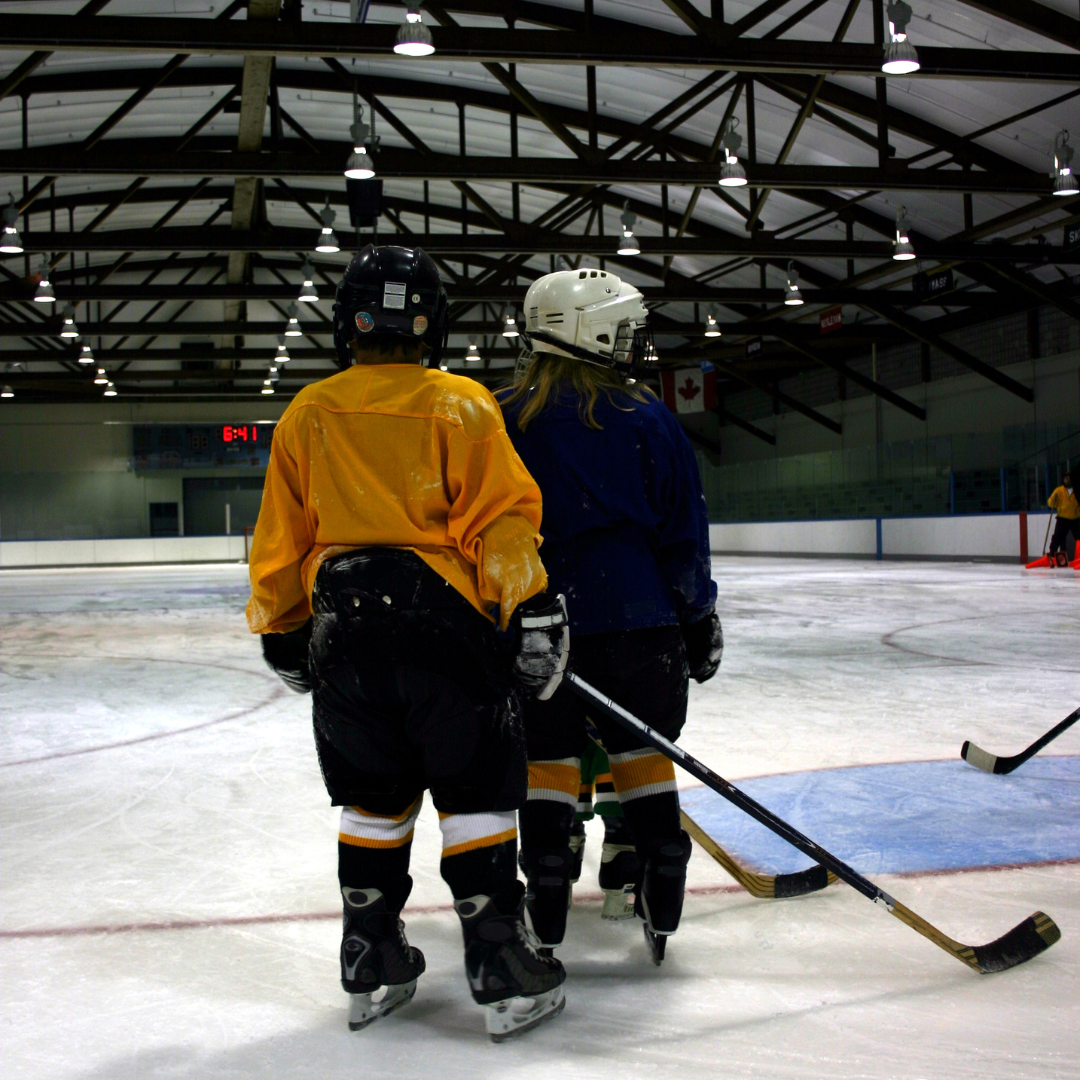Ice Hockey Injuries: Concussion Symptoms and What To Do
Ice hockey is a high speed, collision sport where athletes are highly susceptible to concussions. Particularly in youth hockey the incidence of concussion is high. In Massachusetts the MIAA policy is that athletes and parents undergo concussion training to recognize the signs of concussion and know what to do if one occurs. Youth programs and leagues can vary on what is required for training so I wanted to share with you some signs, symptoms, and action plans if you suspect your youth athlete has suffered a concussion.
According to the CDC and USA Hockey common signs of concussion observed by coaches or parents are:
Appears dazed or stunned
Is confused about assignment or position
Forgets sports plays
Is unsure of game, score, or opponent
Moves clumsily
Answers questions slowly
Loses consciousness (even briefly)
Shows behavior or personality changes
Can't recall events prior to hit or fall
Can't recall events after hit or fall
Symptoms often reported by the athlete can be:
Headache or "pressure" in head
Nausea or vomiting
Balance problems or dizziness
Double or blurry vision
Sensitivity to light
Sensitivity to noise
Feeling sluggish, hazy, foggy, or groggy
Concentration or memory problems
Confusion
Does not "feel right"
What to do?
Remove athlete from play
Ensure athlete is evaluated by an appropriate health care professional. Do not try to judge the seriousness of the injury yourself.
Inform athlete's parents or guardians about the known or possible concussion and give them the fact sheet on concussion.
Allow athlete to return to play only with permission from an appropriate health care professional.
There is nothing scarier than your child being injured on the ice. Knowing what to look for and what to do can help you make a better decision if this does occur. If you have any questions please feel free to reach out to me at gcrossman@completegamept.com or give us a call at 978-710-7204.

